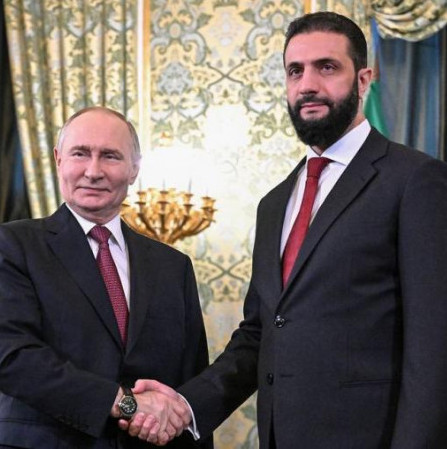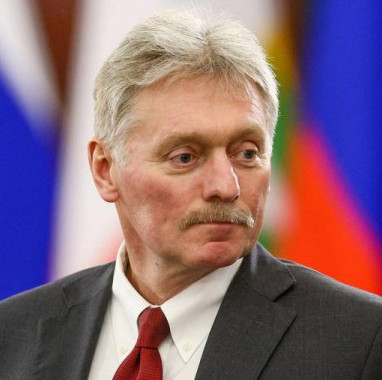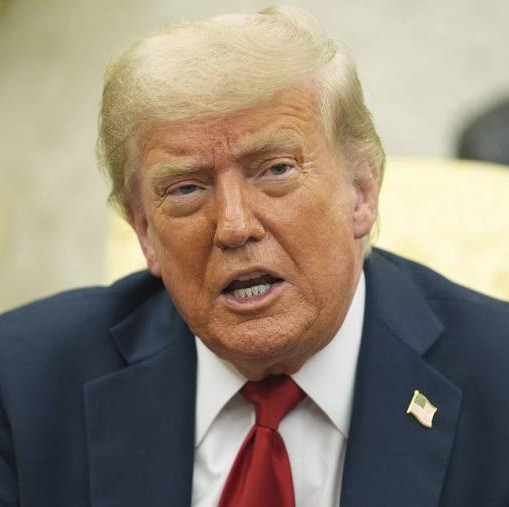
More than a hundred people were killed in the Beirut explosion, with thousands injured. And it seems that the numbers will keep growing, since many are still missing, and the process of clearing the rubble will take a while.
The explosion happened in the port of the Lebanese capital. According to Interior Minister Mohammad Fahmi, over 2,700 tons of ammonium nitrate stored there since 2014, detonated. Initially, this cargo was on board a ship traveling under the Moldovan flag from Georgia to Mozambique. In 2013, after leaving Batumi, it encountered logistic problems and was compelled to enter the Lebanese capital's port. After the inspection, the team was forbidden to leave the harbor, and the owner simply abandoned his property. It was decided not to leave the ammonium nitrate abroad, and the vessel was discharged. It stayed there for the past few years. At that, some reports claim that the incident was caused by welding operations. The Lebanese authorities have so far ruled out a terrorist attack. The explosion itself, according to seismologists, can be compared to an earthquake of magnitude 4.5.
Meanwhile, many buildings in Beirut were destroyed or severely damaged. It also became known about the death of Kataeb Party Secretary General Nazar Najarian. An employee of the Russian Embassy is among those injured, as well as relatives of Lebanese Prime Minister Hassan Diab, 48 UN staff, and the Kazakhstan Embassy consul. Russian President Vladimir Putin has expressed his condolences to his Lebanese counterpart Michel Aoun. Many countries have either offered or already sent aid to Beirut.
Meanwhile, even the first hours following the incident saw attempts to politicize it and various kinds of speculation. In particular, some media outlets drew attention to the fact that it could have been an attempt to assassinate former Prime Minister Saad Hariri, as the explosion occurred in close propinquity to his house. The politician himself, however, was not injured. Others pointed out that the incident happened just a few days before the Hague trial due on August 7 as regards the murder of his father, Rafik Hariri, who died in a terrorist attack in 2005. Hezbollah is still the prime suspect in that case. Subsequently, someone immediately cast the blame for the explosion on it, while others believe that it could have been a monstrous provocation against the movement.
Anyway, the Lebanese authorities have already promised to punish offenders. But, as some local experts note, amid the country's overall socio-economic instability, such actions may spur national and religious conflicts. In a country where the Sunnis, the Shia, the Druze, the Armenians, the Maronites, the Catholics, and the Orthodox live, any culprit may be supported by his entire community, which will entail new conflicts.
At the same time, the explosion overlapped with numerous problems that have for months caused the situation in Lebanon be rough. It all started in the fall of 2019, when the country's government announced its intention to introduce a tax on free mobile messaging systems. It primarily concerned WhatsApp, which is extremely popular in the Arab world. These plans spurred large-scale protests in the country. The new fees certainly became just the final straw for the ongoing discontent. There is some evidence that hundreds of thousands of people took part in demonstrations, which is utterly impressive for a country with a population of a little under seven million people. The situation did not improve even after the government gave up on introducing the new tax. In late October, then Prime Minister of Lebanon Saad Hariri resigned.
The new Cabinet was formed in January 2020 to be led by Hassan Diab, a university professor and the former Education Minister. As early as in March, he announced the suspension of Lebanon's 1.2 billion debt payments, noting that Beirut was seeking to restructure it. Meanwhile, according to Arab media reports, the country's total debt is 92 billion dollars or 170% of GDP. The severe economic situation was supplemented by the Lebanese pound collapse. And the coronavirus spread became the last nail in the coffin, forcing the authorities to introduce a number of restrictive measures.
Today, a new political crisis seems to be gaining momentum in Lebanon. June witnessed Finance Minister Alain Bifani resign, as well as his adviser on negotiations with the International Monetary Fund Henri Chaoul, who said that politicians, monetary authorities and the financial sector do not apprehend the entire depth of the crisis, and accused them of playing to the gallery. On August 3, Foreign Minister Nassif Hitti followed suit over "the government's performance on a number of issues", as he put it.
It is anybody's guess whether the explosion will affect the economic and political problems facing Lebanon and its attempts to overcome the deepest crisis. But it is already clear that neither the authorities nor the population will get any better in the aftermath.


